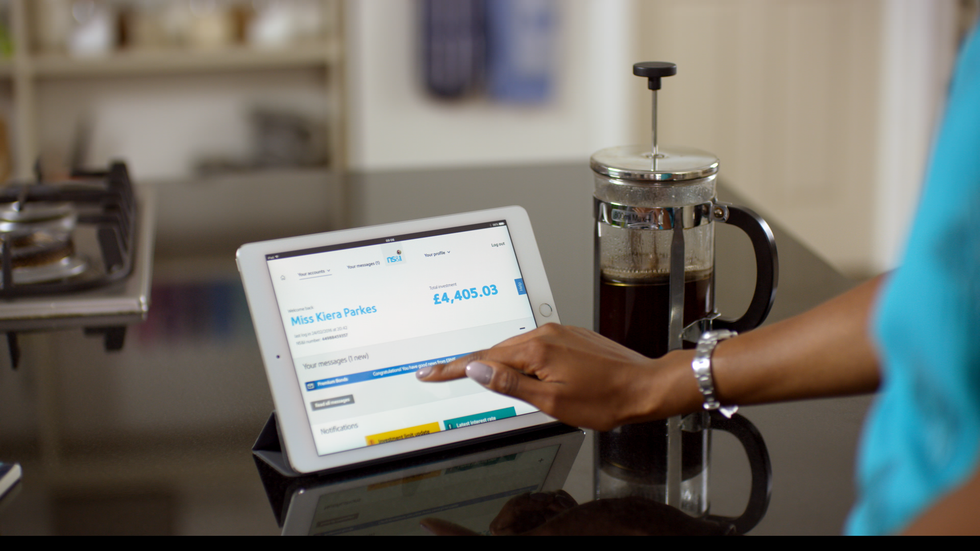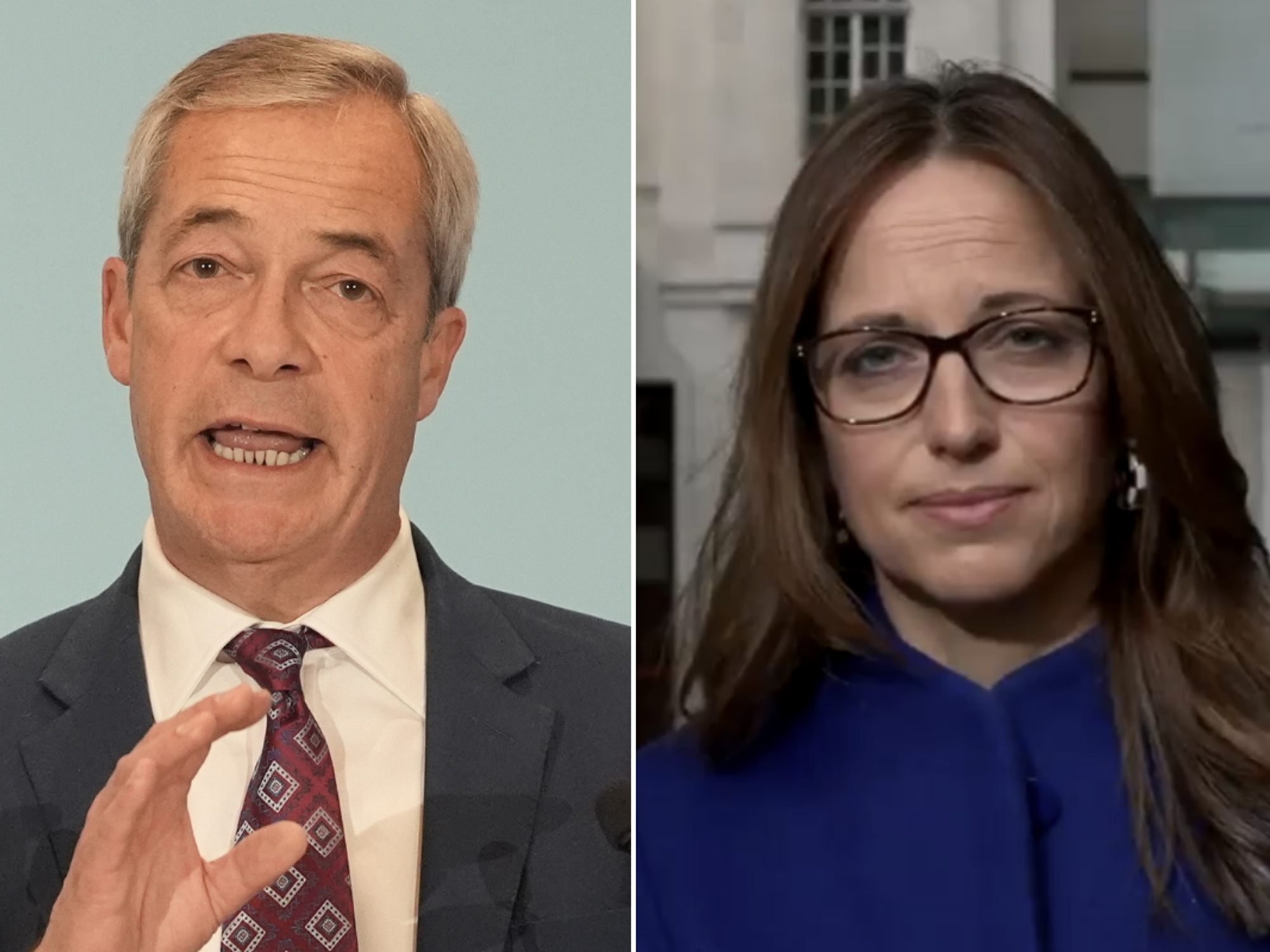Savings alert as Britons could be missing out on average £450 because they don't know about it - how to claim yours

A fifth of UK savers have lost £50,000 or more in savings accounts
| GETTY
A fifth of UK savers have lost £50,000 or more in savings accounts while a fifth have lost £50,000 or more in ISAs, figures show
Don't Miss
Most Read
Latest
Britons are urged to track down any lost accounts as they could be able to claim back on average £450.
Savers are missing out on a share of £4.5billion as their old cash sits in closed bank accounts.
Many bank accounts have been closed to new savers for over a decade but still hold people's cash, such as Northern Rock or Egg.
The money in a dormant savings account is simply left there. It will earn interest at whatever rate the bank has set.
As the Bank of England base rate remains at 5.25 per cent, savers are urged to secure a similar rate on their savings to make the most out of their money.
A number of fixed-rate savings bonds currently pay five per cent-plus – on these accounts their return is guaranteed and people will be earning more than twice the current rate of inflation.

Britons are urged to consider new savings with high interest rates to get the most out of their money
| NS&I;An estimated 20 million people have a lost bank account in the UK, according to research by Which?
There are various reasons as to how someone may lose a savings account.
Sarah Coles, personal finance expert at Hargreaves Lansdown said: "Plenty of people can end up opening multiple accounts. We might have several savings accounts, possibly because we want to fix our savings for different periods, or to have separate pots for different goals.
“If you have a holiday fund in a specific account, take the holiday, and leave a couple of quid in the account, it’s easy to forget all about it.”
Another common reason for forgotten accounts is savings accounts opened for children by family members that – by the time the child turns 18 and wants the money – have been completely lost.
Coles continued: "It’s then surprisingly easy to lose track over the years if we’re not completely on the ball with filing the paperwork, or updating our address with every single provider when we move.
“It means we can end up trailing multiple accounts in our wake that we’ve forgotten about entirely."
How to find a lost account
Savers can trace lost or dormant bank and savings accounts using the My Lost Account service, which is run by the British Bankers' Association, Building Societies Association and National Savings and Investments (NS&I).
All people need to do is complete one online form free of charge.
They could also try Gretel to find old bank accounts.
They will need to enter their name, current address, and date of birth to make a search - and be able to verify past addresses.
According to Moneyfacts, these are a list of dormant accounts:
| Bank | Account Name | Year Closed | Current Interest Rate |
| National Counties Building Society | Instant Access | 1996 | 3.40 per cent |
| Chelsea Building Society | Access Saver Share | 2004 | 3.55 per cent |
| The Co-operative Bank | Pathfinder | 2005 | 1.83 per cent |
| The Co-operative Bank | Save Direct | 2005 | 1.81 per cent |
| Post Office Money | Instant Saver Issue 1 | 2005 | 4.25 per cent |
| Yorkshire Building Society | e-Saver | 2005 | 5.25 per cent |
| Egg | Web Saver | 2005 | 3.95 per cent |
| Mansfield Building Society | Postal Tracker 1st Issue | 2005 | 5.25 per cent |
| Post Office Money | Instant Saver Issue 2 | 2006 | 4.25 per cent |
| Danske Bank | SaverPlus | 2006 | 1.65 per cent |
| The Co-Operative Bank | Cash Saver | 2007 | 1.82 per cent |
| Lloyds Bank | Online Saver | 2007 | 1.40 per cent |
| Northern Rock | Silver Savings | 2008 | 0.25 per cent |
| Marsden Building Society | Rainbow Instant Access | 2008 | 3.50 per cent |
| Northern Rock | Branch Saver | 2008 | 0.25 per cent |
| Northern Rock | Branch Instant Access | 2008 | 0.10 per cent |
| Lloyds Bank | Standard Saver | 2008 | 1.40 per cent |
| West Brom Building Society | Premier Bonus Tracker Plus | 2008 | 5.10 per cent |
| Coventry Building Society | Family 1st Benefit & Saver | 2008 | 3.10 per cent |
| Leeds Building Society | Caring Saver | 2008 | 2.45 per cent |










